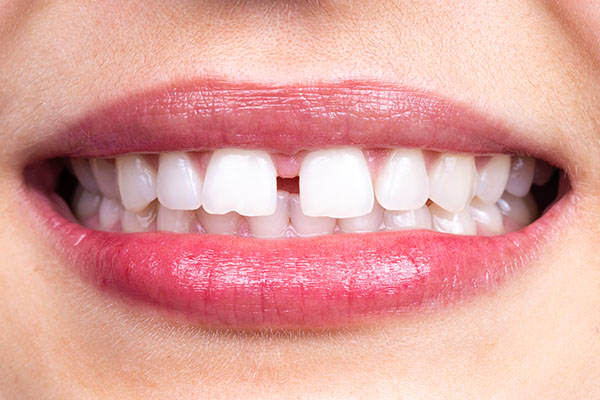Important FAQs About Gum Disease

Gum disease is very common in the United States, which often leads many to believe it is not as serious of a concern as it actually is. However, gum disease should be taken seriously, and learning more about it can help you determine why it is important to treat and prevent gum disease in order to maintain ideal oral health.
Gum disease FAQs
There are certain questions about gum disease that dentists often receive. These questions include insights into how gum disease develops, what the signs are, and how the disease can be prevented. This review discusses these questions and more and provides general answers from a dentist for each one.
How does gum disease develop?
Gum disease can develop for a variety of concerns. There are many aspects of oral hygiene, and a deficit in one area could significantly increase the likelihood of gum disease. In general, gum disease could be the result of an improper or irregular brushing and flossing routine, a diet that is high in carbohydrates (e.g., sugar), or infrequent visits to the dentist for a cleaning (or a combination of the three).
What are the early signs of gum disease?
The signs of gum disease can prevent differently for each patient. For many patients, the early signs of gum disease are gum discoloration, swollen gums, and gums that bleed while brushing. If these signs develop, then it is important to visit the dentist to find out why these symptoms occur. If the early symptoms of gum disease are ignored or not properly dealt with, then it could lead to more severe symptoms such as deep gum pockets, loss of bone inside the jaw, and gum recession.
What can I do to prevent gum disease?
Of course, the best way to deal with gum disease is to prevent it from developing in the first place. This can often be done by making smart dietary choices, practicing good oral hygiene (i.e. brushing and flossing regularly), and making all scheduled check-up visits. It is also helpful to check for the early signs of gum disease often and notify the dentist if they develop.
What can happen if gum disease goes untreated?
As discussed, untreated gum disease could lead to more severe symptoms. The ultimate result for many patients with gum disease is the loss of teeth. Before this occurs, patients could experience increased teeth sensitivity due to the exposure of tooth roots that result from deep gum pockets or gum recession. Bone loss in the jaw could also occur, which could make teeth replacement more challenging. Subsequently, patients are strongly encouraged to visit the dentist for regular check-up visits and cleanings.
Learn more about gum disease treatment and prevention
Here at our dental practice, we encourage our patients to come in once every four to six months for a check-up visit and dental cleaning. If it has been more than six months since your last cleaning visit, then contact our dental practice today to arrange a check-up and cleaning.
Are you considering gum disease treatment in the Brevard area? Get more information at https://www.carolinasmilesdentist.com.
Check out what others are saying about our dental services on Yelp: Gum Disease in Brevard, NC.
Recent Posts
Dentists recommend proper oral hygiene from a young age to achieve good dental health for a lifetime. This is important for cosmetic reasons, but also to maintain overall health. One of the consequences of not brushing and flossing correctly is gum disease, which is also known as periodontal disease. This condition originally affects the gums,…
According to a study conducted by the Centers for Disease Control (CDC), more than 47 percent of adults 30 and older have some form of gum disease. Fortunately, gum disease can be treated and often reversed in most cases. Dealing with gum disease should include improvements in oral hygiene, making smart dietary choices, and regular…
Like cavities, gum disease is a common dental dysfunction that affects people of all ages. If you are suffering from gum disease, you should not put off getting treatment. Your general dentist has the knowledge and training to relieve the symptoms of this disease. In some cases, the dentist might be able to reverse its…
No one is immune to gum disease. When it comes to oral health, the teeth tend to get more attention than the gums. What many people do not realize is that it is not just about having straight teeth, a white smile, or cavity-free teeth; the gums also need to be in good condition. Knowing…


